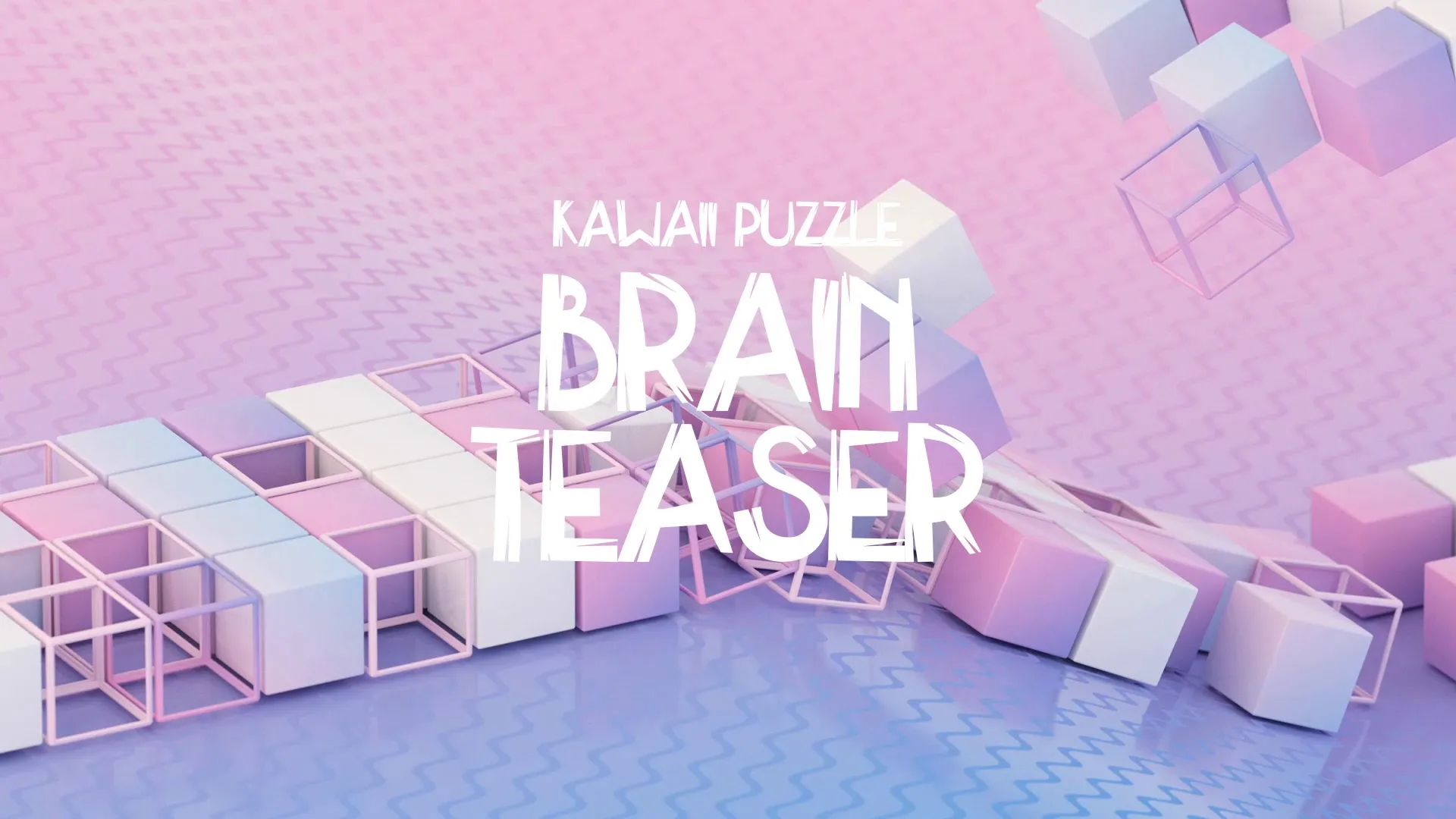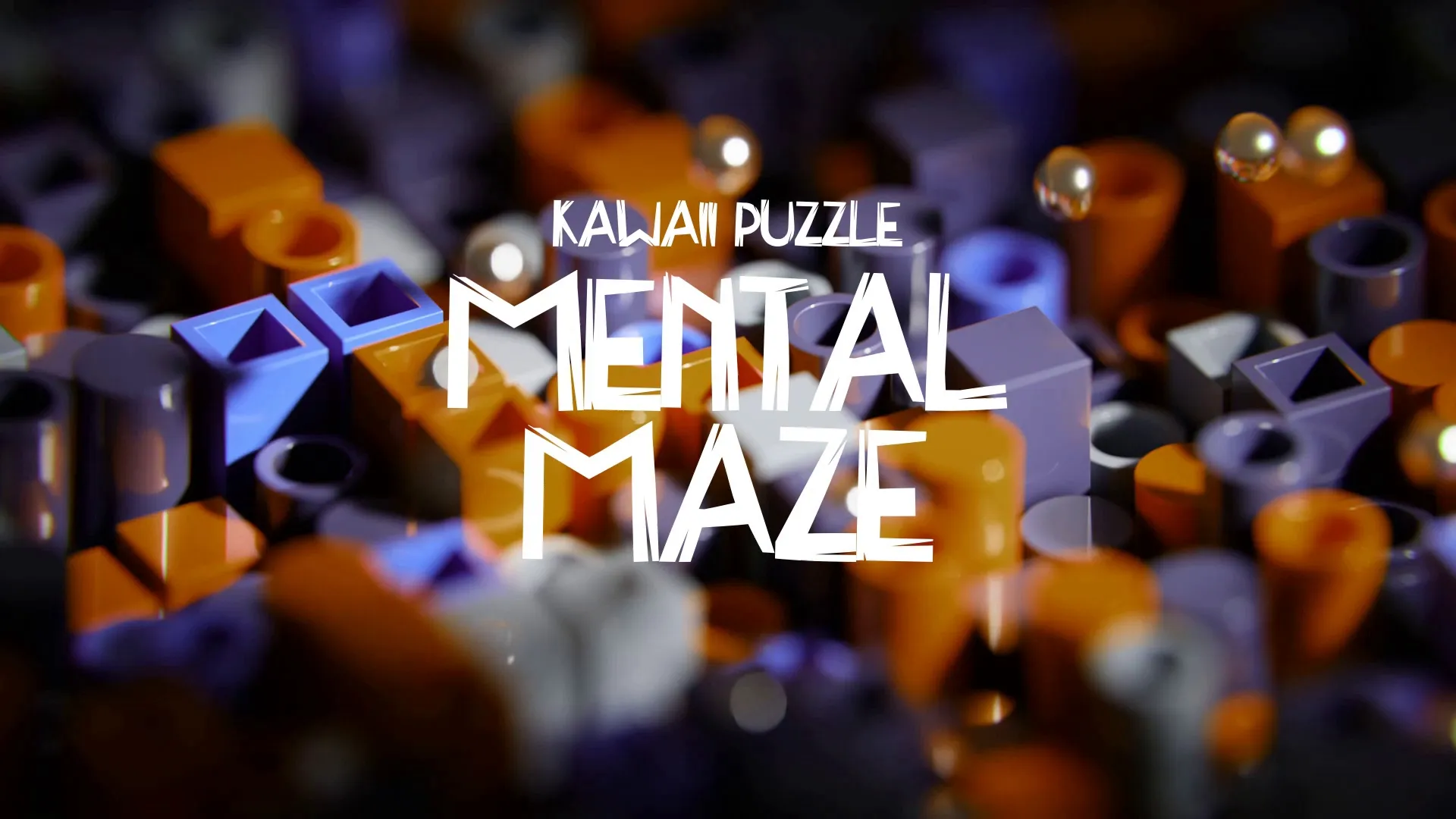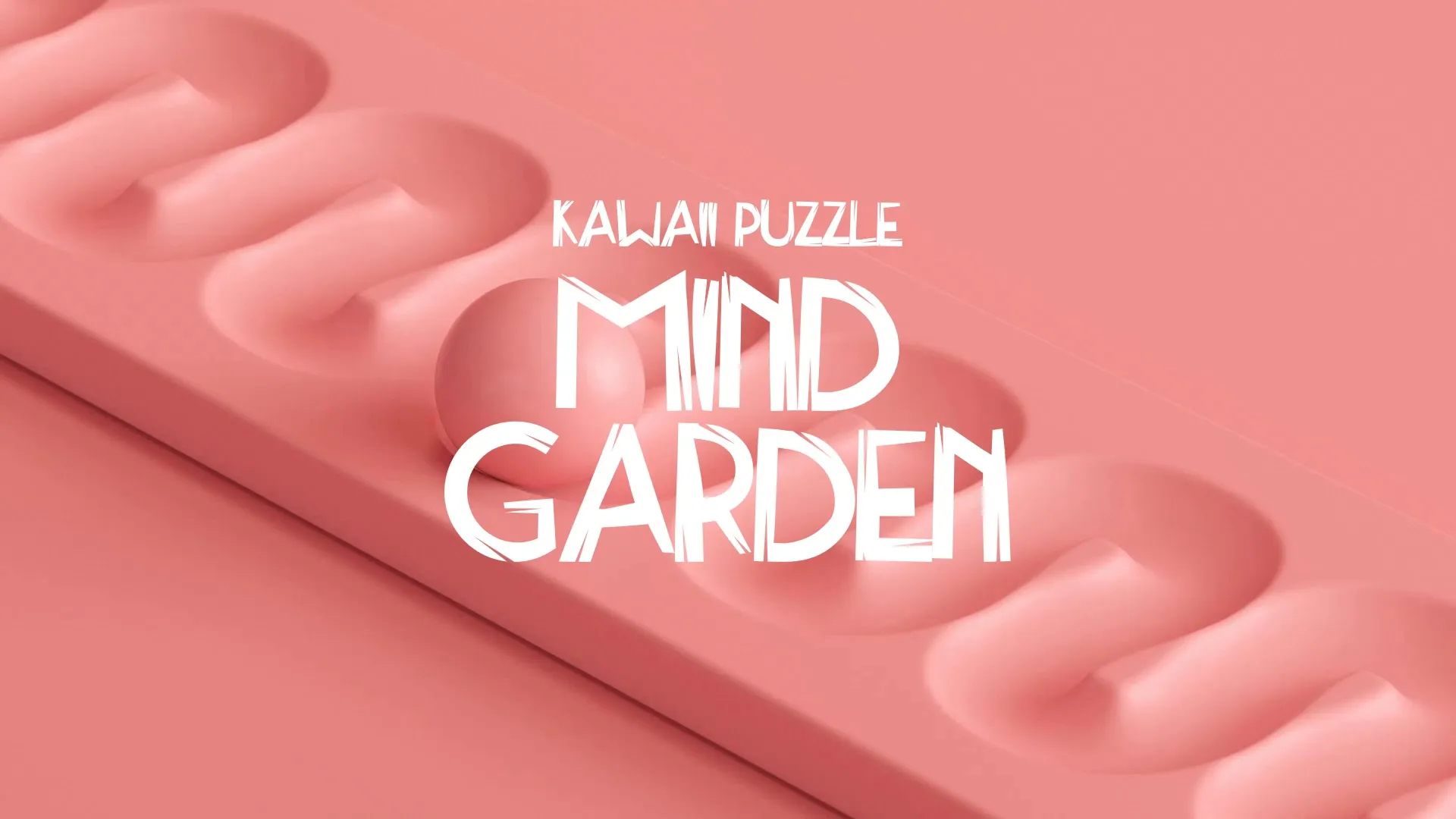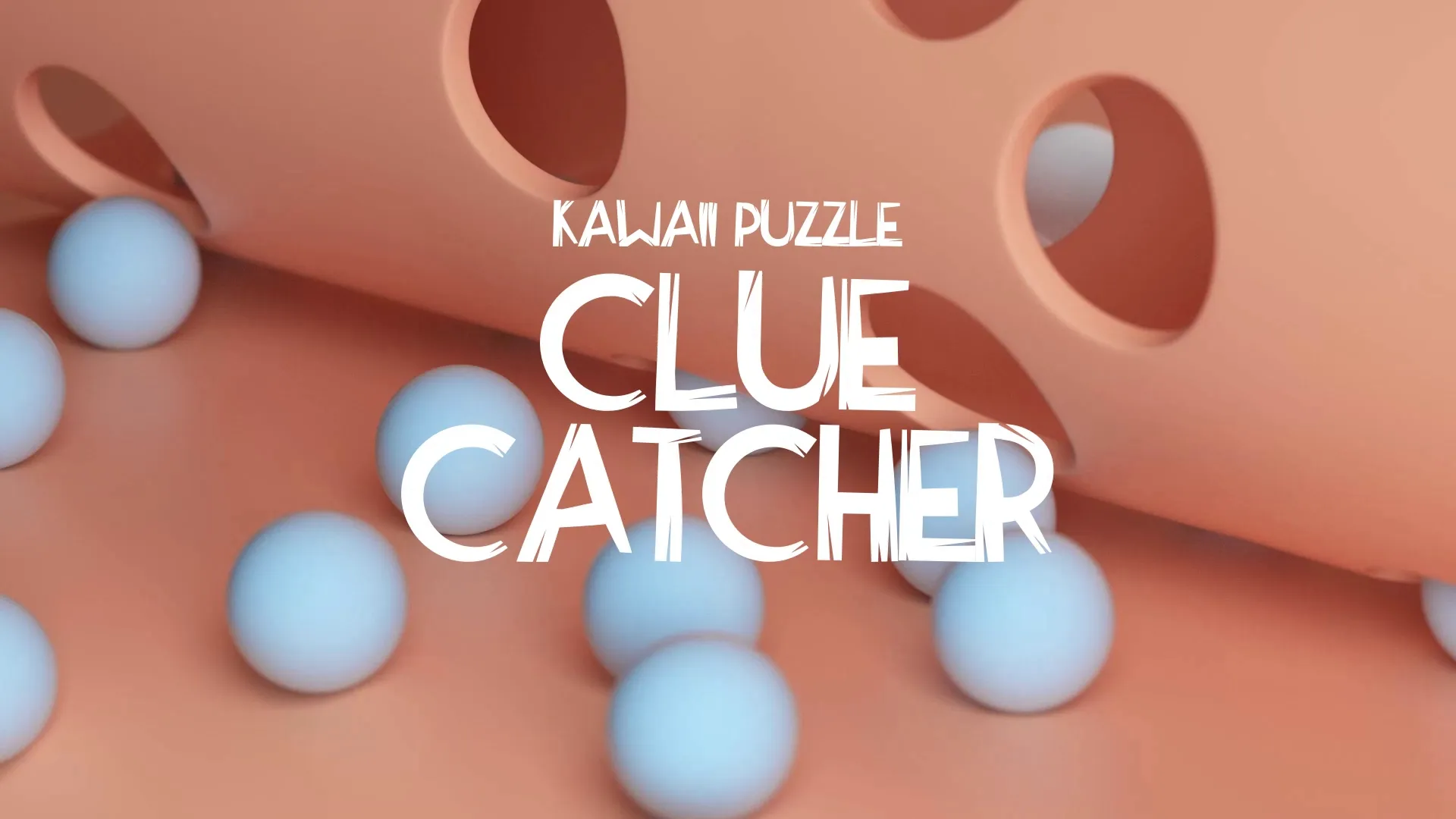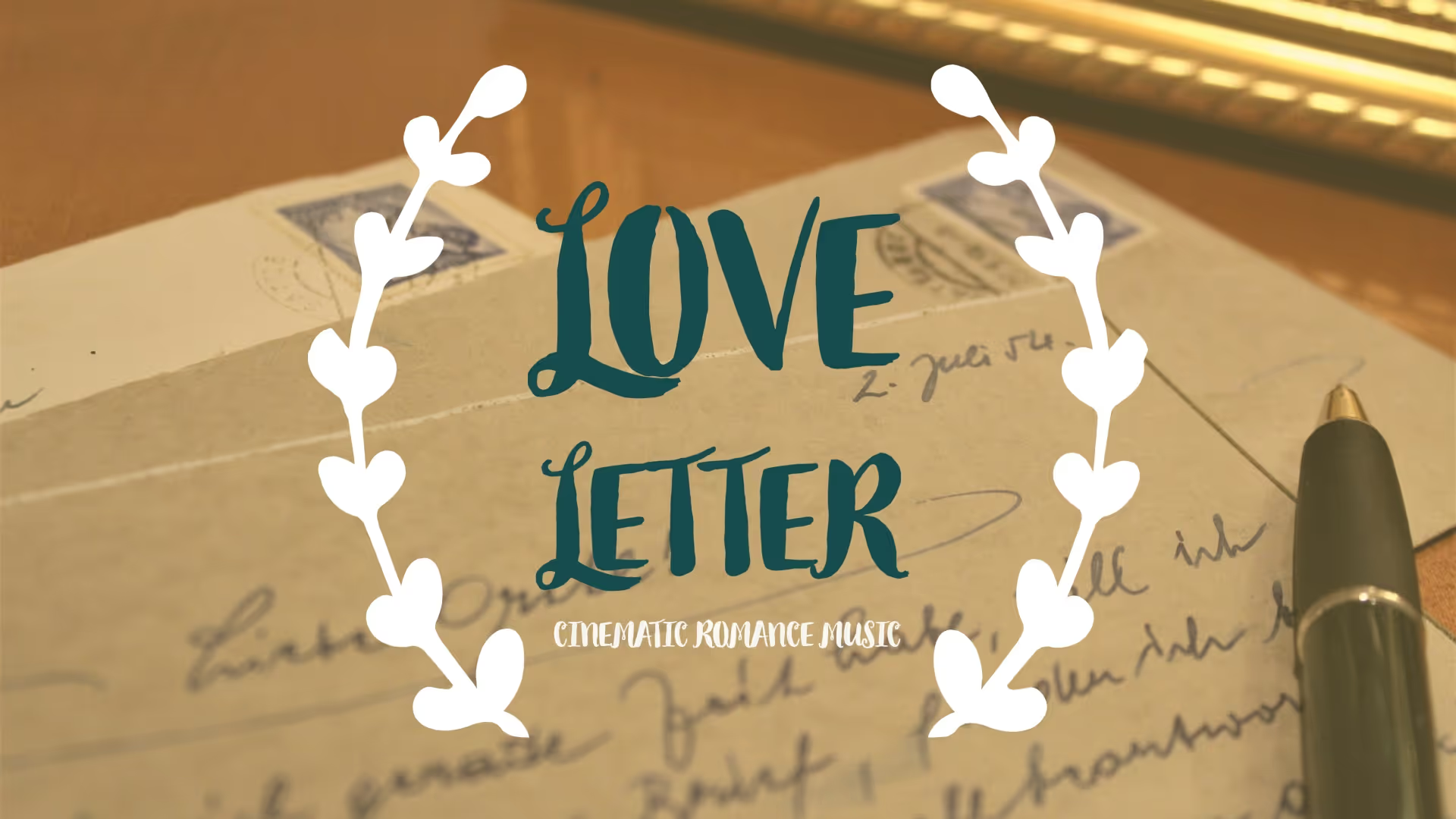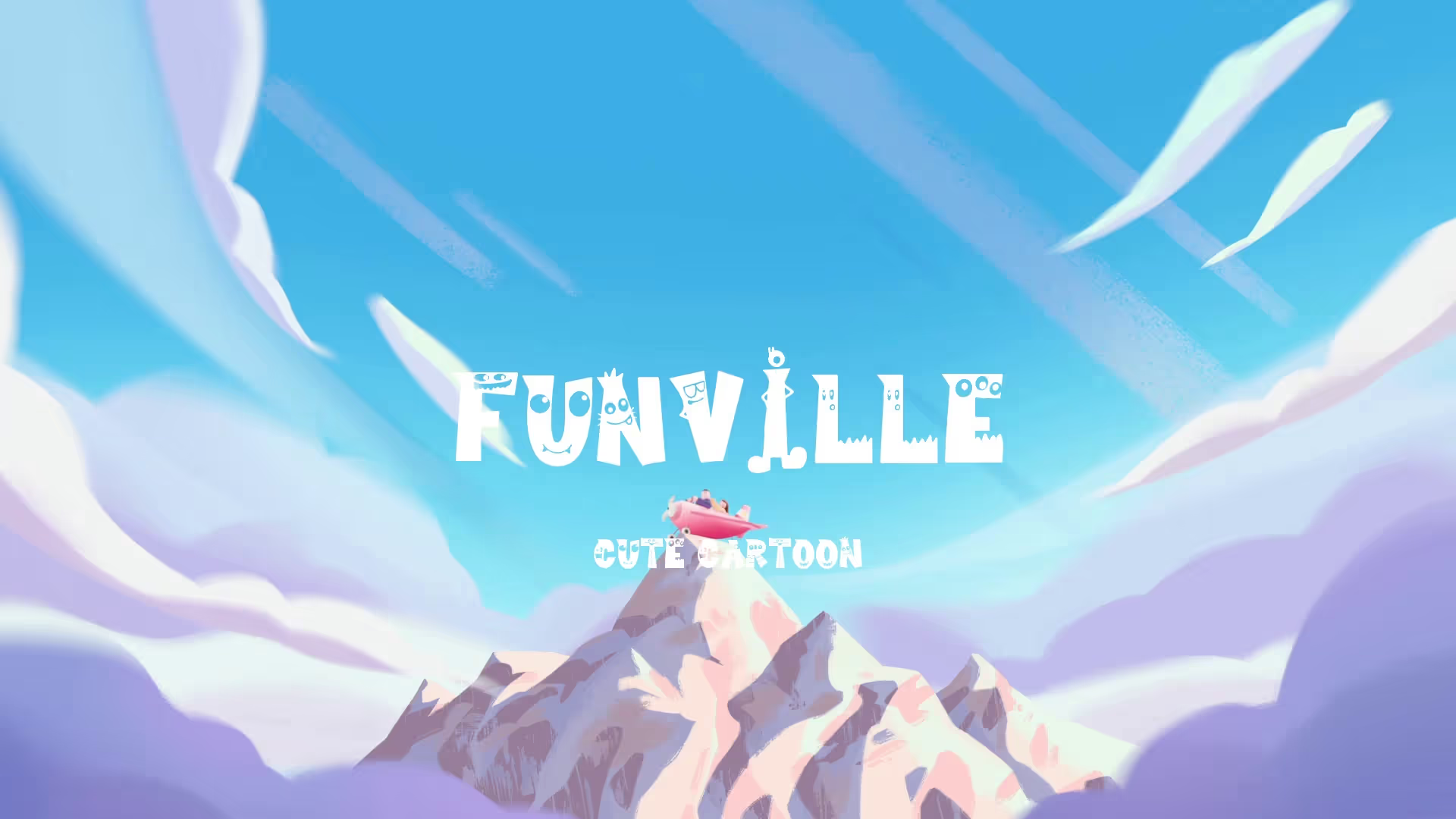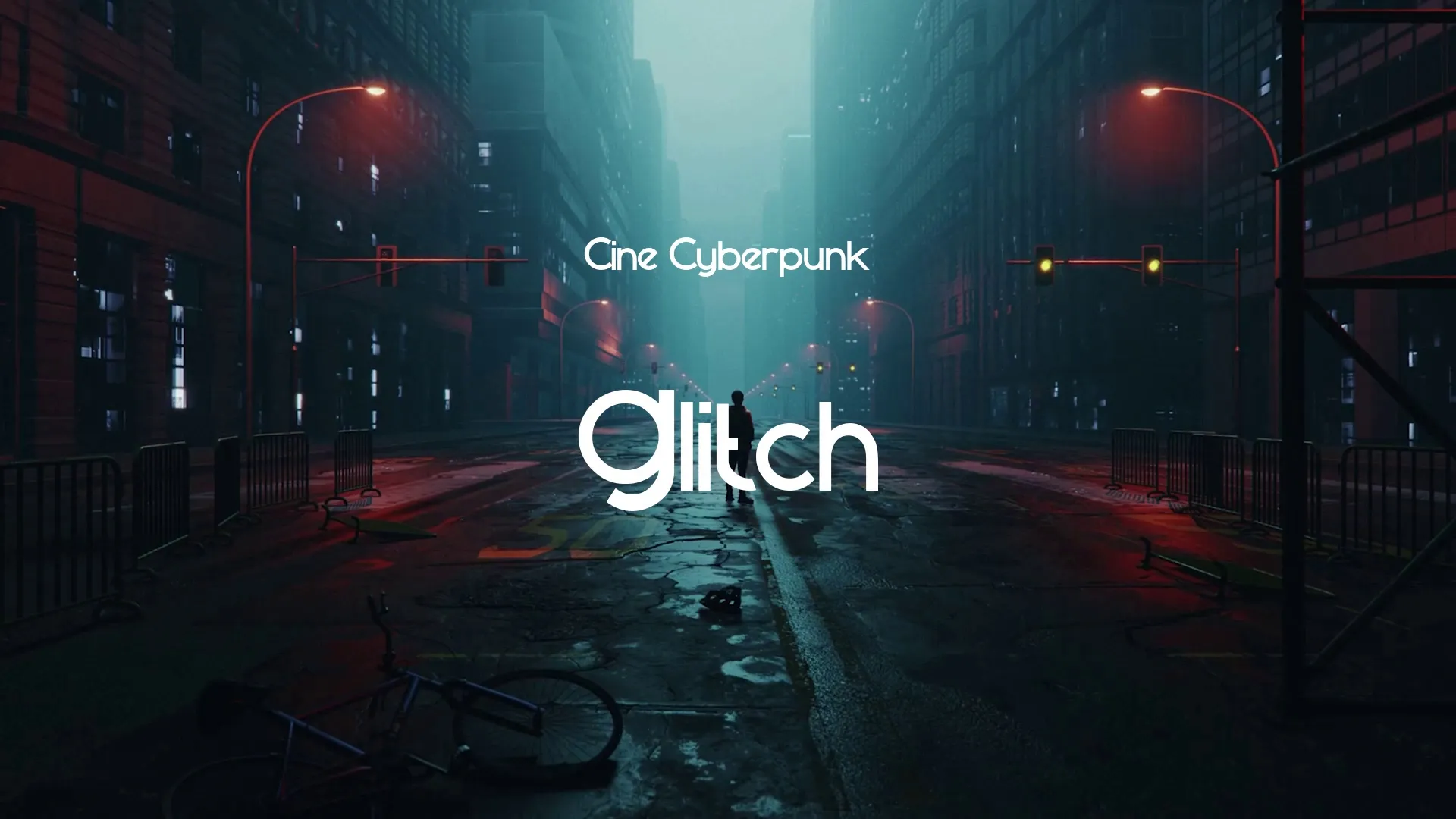Implementing Lean Game Development: Iterative Design & Rapid Testing for Indie Studios
Implementing Lean Game Development: Iterative Design & Rapid Testing for Indie Studios
Indie game development often involves tight budgets and limited resources. Adopting a lean game development methodology can significantly improve efficiency and product quality. This approach prioritizes continuous iteration, rapid testing, and validated learning.
What is Lean Game Development?
Lean game development is about maximizing value while minimizing waste. It focuses on delivering a minimum viable product (MVP) and then evolving it based on player feedback and data. This methodology prevents over-development of features that players may not want or need.
It emphasizes a cycle of build-measure-learn, constantly refining the game through small, incremental changes. This contrasts with traditional waterfall models, which often lead to late-stage discoveries of fundamental design flaws.
The Core Principles of Lean for Indie Devs
Validate Learning
Every development step should aim to validate an assumption about your game or players. Instead of guessing, use data and feedback to make informed decisions. This means actively seeking information to confirm or deny your hypotheses about gameplay, mechanics, and player engagement.
Build-Measure-Learn Cycle
This fundamental loop drives lean development. Build a feature, measure its impact, and learn from the results to inform the next iteration. It’s a continuous process that keeps your project agile and responsive to evolving needs.
Waste Reduction
Identify and eliminate any activities that do not add value to the player experience. This includes unnecessary features, excessive documentation, or prolonged debates without action. Focus your efforts on what truly matters for your game’s success and player enjoyment.
Iterative Design Process in Games
Iterative design is central to lean game development. Instead of aiming for perfection in the first pass, you build functional, albeit rough, versions of features. These early versions allow for immediate testing and feedback, enabling quick adjustments.
Start with a Vertical Slice
Develop a small, complete section of your game that represents the core gameplay loop and art style. This ‘vertical slice’ allows you to test fundamental assumptions early on. It provides a tangible experience for playtesters and stakeholders without committing to the entire game’s development.
Break Down Features
Deconstruct large features into smaller, manageable tasks. This makes it easier to implement, test, and iterate on individual components. For example, instead of ‘implement combat system,’ break it into ‘player attack animation,’ ‘enemy health bar,’ and ‘damage calculation.’
Regular Sprints and Reviews
Organize your development into short sprints, typically one to two weeks. At the end of each sprint, review progress and gather feedback. This rhythm ensures consistent momentum and provides regular opportunities to pivot or refine plans.
Game Dev Rapid Testing Tools & Strategies
Rapid testing is crucial for gathering early game development feedback loops. The quicker you can test, the faster you can learn and adapt. This minimizes the time and resources spent on features that might not resonate with players.
Internal Playtesting
Even within a small team, regular internal playtesting is invaluable. Encourage everyone, regardless of role, to play the latest build and provide honest feedback. This helps catch obvious bugs and usability issues before external testers get involved.
External User Testing
Recruit a diverse group of external testers. These can be friends, family, or community members. Observe them playing and ask targeted questions. Focus on specific mechanics or sections you want to evaluate rather than the entire game.
Create a free account, or log in.
Gain access to free articles, game development tools, and game assets.



